Straight questions and a love of obscure lyrics
- Published
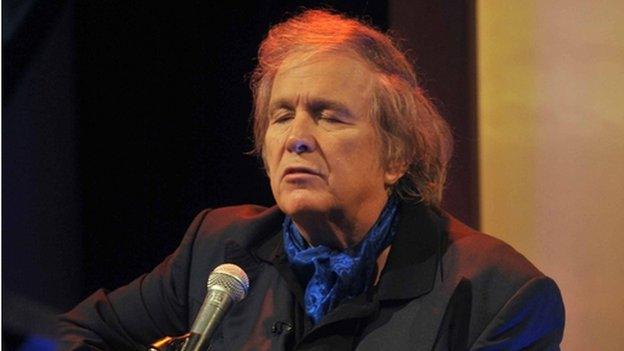
When Don McLean was asked to give the meaning of his song, American Pie, he is said to have replied: "It means that I never have to work again if I don't want to."
I have always had a fondness for slightly obscure or challenging lyrics. American Pie, Stairway, early Pink Floyd, Velvet Underground, pretty much anything by The Doors.
And Hotel California by The Eagles. Particularly that reference to "pink champagne on ice". There is something about that image, concomitantly luxurious and sordid.
Today at Holyrood the thought returned. No, silly, our MSPs are neither luxurious nor sordid. At least, not on weekdays. I refer to the phrase "pink champagne on ice".
As the temperature rose, exuberant Labour backbenchers took to calling out for Alex Salmond.
"Pink champagne", they yelled, "pink champagne."
Nicola Sturgeon supplied the ice, frostily disdaining their antics.
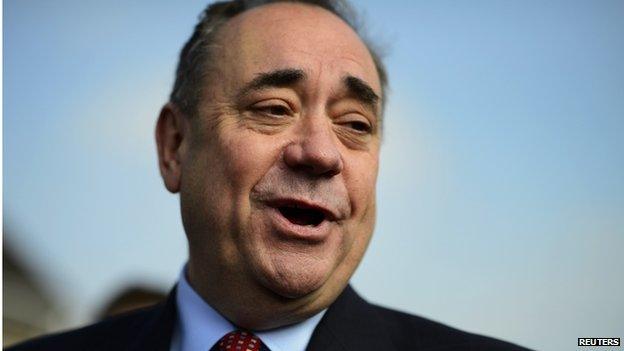
Before this blog ventures too far into the realm of the obscure and challenging, let me explain. Alex Salmond, we are breathlessly informed, sipped pink champagne as he discussed the future with the New Statesman magazine.
It was not enough to learn what Mr Salmond had to say. We were told what he ate and drank as well. (Fish, chips, mushy peas since you ask. Taken together with the libation, a socially inclusive diet.)
Labour's narrative was that Nicola Sturgeon's predecessor was operating as a back-seat driver. The story was picked up by Ruth Davidson of the Tories, who added her party's line that Mr Salmond would lead post election negotiations on the prospect of a pact.
You could almost see Nicola Sturgeon thinking: "This could be heaven and this could be hell". She opted for Elysium.
Alex Salmond, she said, was plainly stirring up the Unionist parties. "Long may it continue."
Media briefing
Labour's Kezia Dugdale was pursuing a more central point. She argued - for the second week in succession - that the first minister had been other than straightforward with regard to the figures on Scotland's economic future.
We had been expecting this because Labour took the unusual step of briefing the wicked media an hour ahead of FMQs as to the planned content of the attack.
Labour refers to economic papers produced by the Scottish government with the objective of demonstrating that enhanced tax powers could, by deft deployment, be used to grow the Scottish economy, releasing productive billions.
According to Labour, the calculation fails to take account of the point that full fiscal autonomy inevitably means scrapping the block grant from Westminster and the Barnett Formula which varies it annually.
Again according to Labour, that sum would leave Scotland billions out of pocket. To be precise, they argued that on an optimistic interpretation, fiscal skill might bring in £3.5bn. Losing the block grant would shed £7.6bn. Net loss: £4.1bn.
To be clear, Ms Sturgeon explicitly denied in the chamber that the calculations involved modelling based upon Barnett.
However, her overall response was much more broad brush. In essence, she linked Labour with the Tories in a political plot to hold Scotland back, while arguing that fiscal autonomy would liberate the nation.
Straight answers
Ms Dugdale persisted, with evident eagerness. Indeed, she had one rather droll gag when she suggested that perhaps instead of questioning the FM she might take her predecessor out to lunch in search of "straight answers". Ok, perhaps you had to be there.
In general, though, it appeared on the day to be a challenging argument to prosecute, particularly as Ms Sturgeon declined to debate on the terms outlined by Labour. The FM, it should be noted, seemed less than disquieted.
So where are we? The Scottish government is adamant that their future modelling does not include Barnett. But is it predicated upon a base that includes the block grant? That, apparently, is a different point.
Barnett is not modelled. Full fiscal autonomy will not happen instantly. If it does, it would be introduced progressively. The state of Scotland's finances would depend upon prevailing economic circumstances, both in Scotland and the wider UK, policies pursued in the interim, both in Scotland and the UK, together with the relative allocation of resources.
The SG papers only dealt with fiscal autonomy or "full fiscal retention", to use the precise phrase deployed. They do not rely upon the block grant or Barnett.
Coterminous factors
But is that wholly frank? Do they not, at least, rely upon a pre-existing base which has been created partly by Barnett and block grant?
No, repeat SG officials, the papers do not rely upon the block grant or Barnett. They deal solely with the potential impact of fiscal autonomy. Scotland's actual position would depend upon the point in the economic cycle and the issues cited earlier.
There are two coterminous factors at play here. One, what will the academic and analytical world make of this controversy? Prof Brian Ashcroft of Strathclyde was cited today by Labour as challenging the SG sums.
Two, what will the public hear? Will they heed Labour and Tory warnings? Or will they tune in to Nicola Sturgeon's broader pitch?
Some dance to remember. Some dance to forget.
- Published23 March 2015
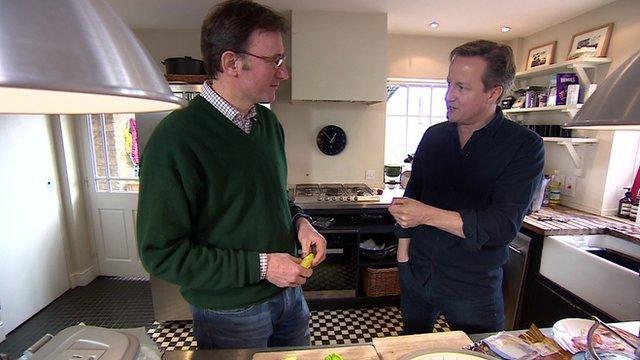
- Published23 March 2015
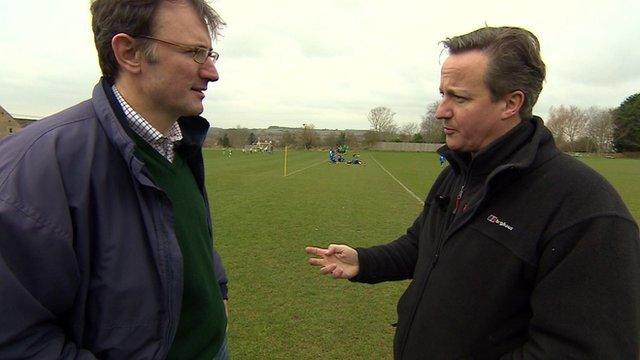
- Published24 March 2015
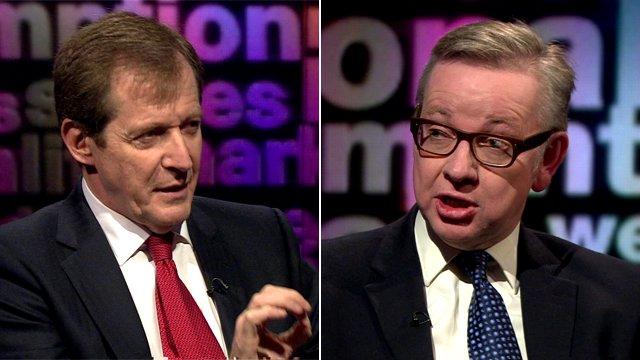
- Published23 March 2015